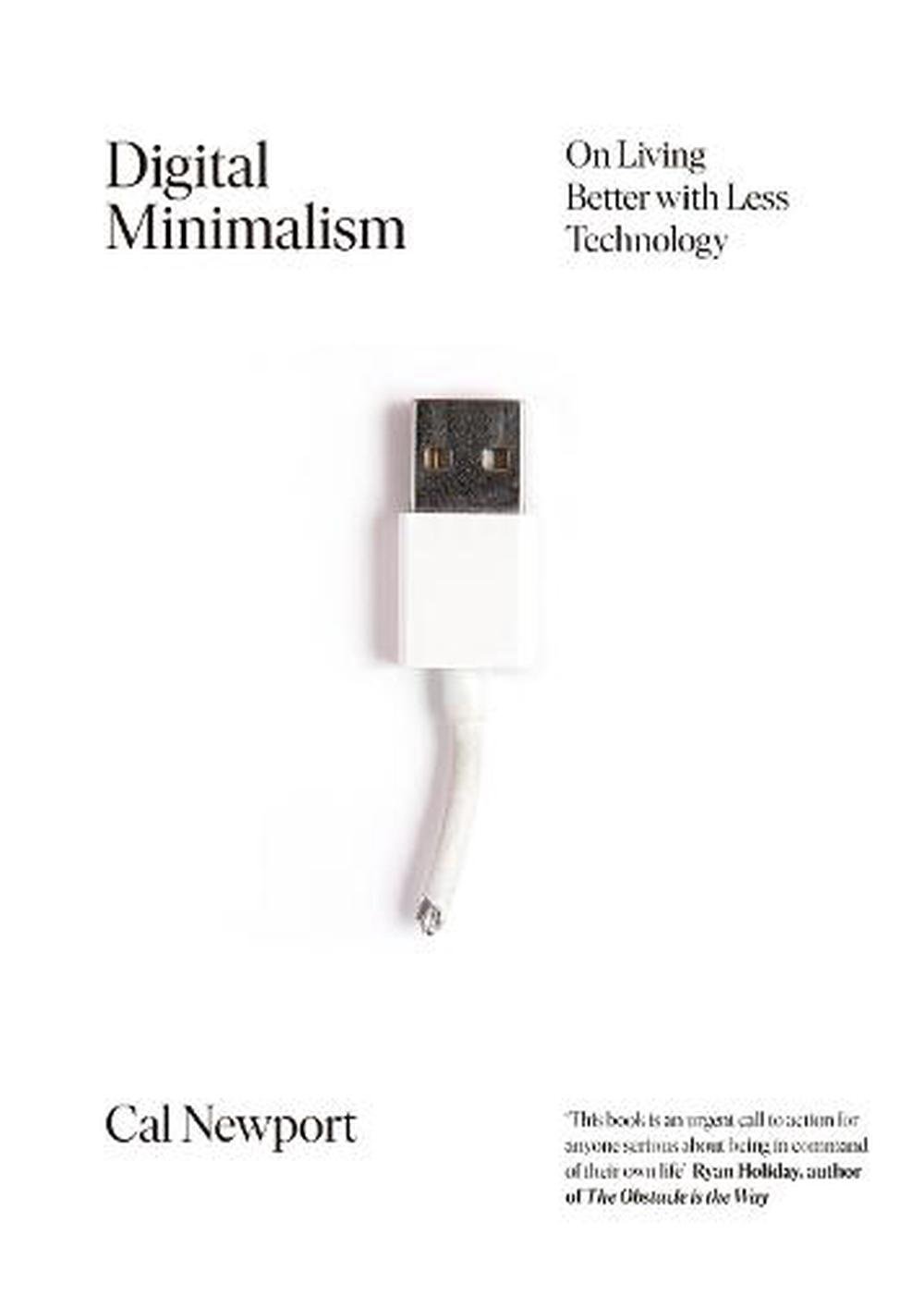
Newport argues that the modern digital landscape, with its incessant notifications and ever-present distractions, undermines our ability to engage in solitude and deep work. Deep work, a concept explored more thoroughly in Newport's earlier book of the same name, is the practice of immersing oneself in cognitively demanding tasks for extended periods, free from external interruptions. Solitude, in this context, refers to the ability to engage in focused, uninterrupted thought without the constant barrage of digital distractions.

The ultimate goal of digital decluttering is not to reject technology entirely, but rather to cultivate a more mindful and purpose-driven approach to digital consumption.Ĭal Newport highlights the importance of solitude and deep work as essential components for personal and professional growth. During this time, individuals should remove or temporarily disable any non-essential apps, accounts, and notifications, and then closely observe the impact of these changes on their day-to-day routines.Īt the end of the decluttering period, individuals can reintroduce the digital tools they deem essential, while maintaining the newfound sense of focus and balance they have achieved. To embark on a digital declutter, Newport suggests setting aside a dedicated period-typically around 30 days-to assess and reevaluate the digital tools, apps, and platforms that occupy one's daily life. Just as physical clutter can lead to feelings of overwhelm and disorganisation, an excess of digital noise can hinder productivity, focus, and overall well-being. It emphasises the importance of systematically evaluating one's digital landscape and eliminating unnecessary distractions that consume time and attention.


The concept of Digital Declutter is a crucial component of Cal Newport's digital minimalism philosophy.


 0 kommentar(er)
0 kommentar(er)
